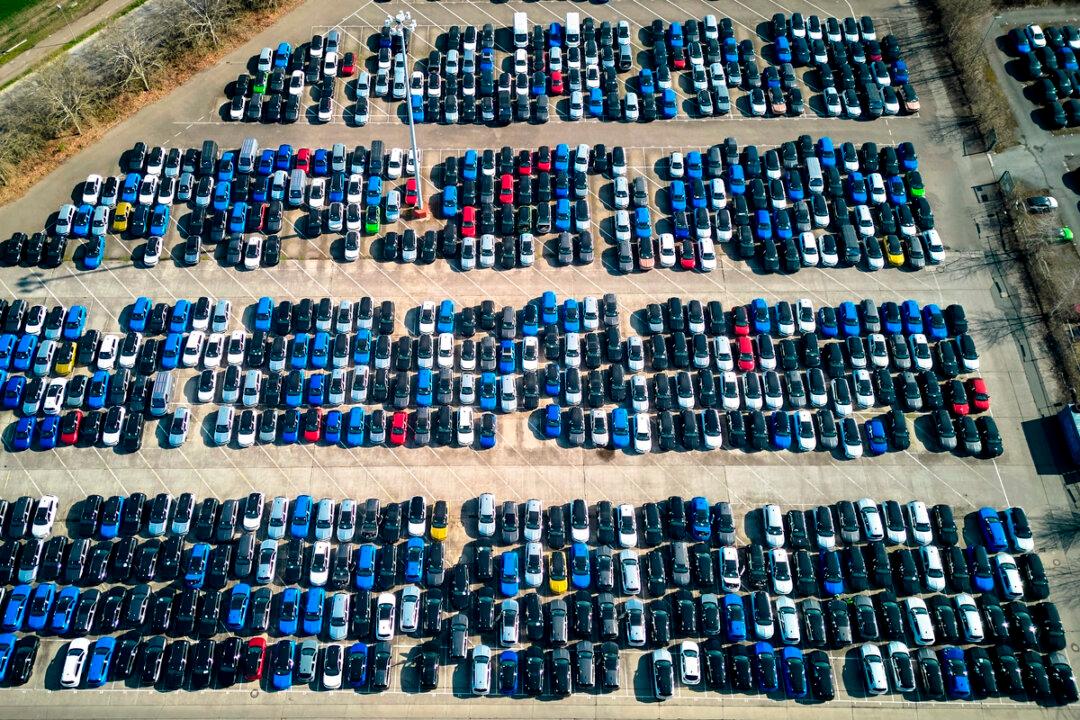Canada and Japan are considering retaliatory measures after the White House on March 26 announced 25 percent U.S. tariffs on imported cars and car parts, starting in April. The EU stated that it was assessing the latest tariff announcement.
The U.S. tariffs on automobiles will go into effect on April 3, one day after the United States is set to impose broad reciprocal tariffs on its trading partners, according to the White House proclamation. The tariffs on auto parts are set to go into effect no later than May 3.




